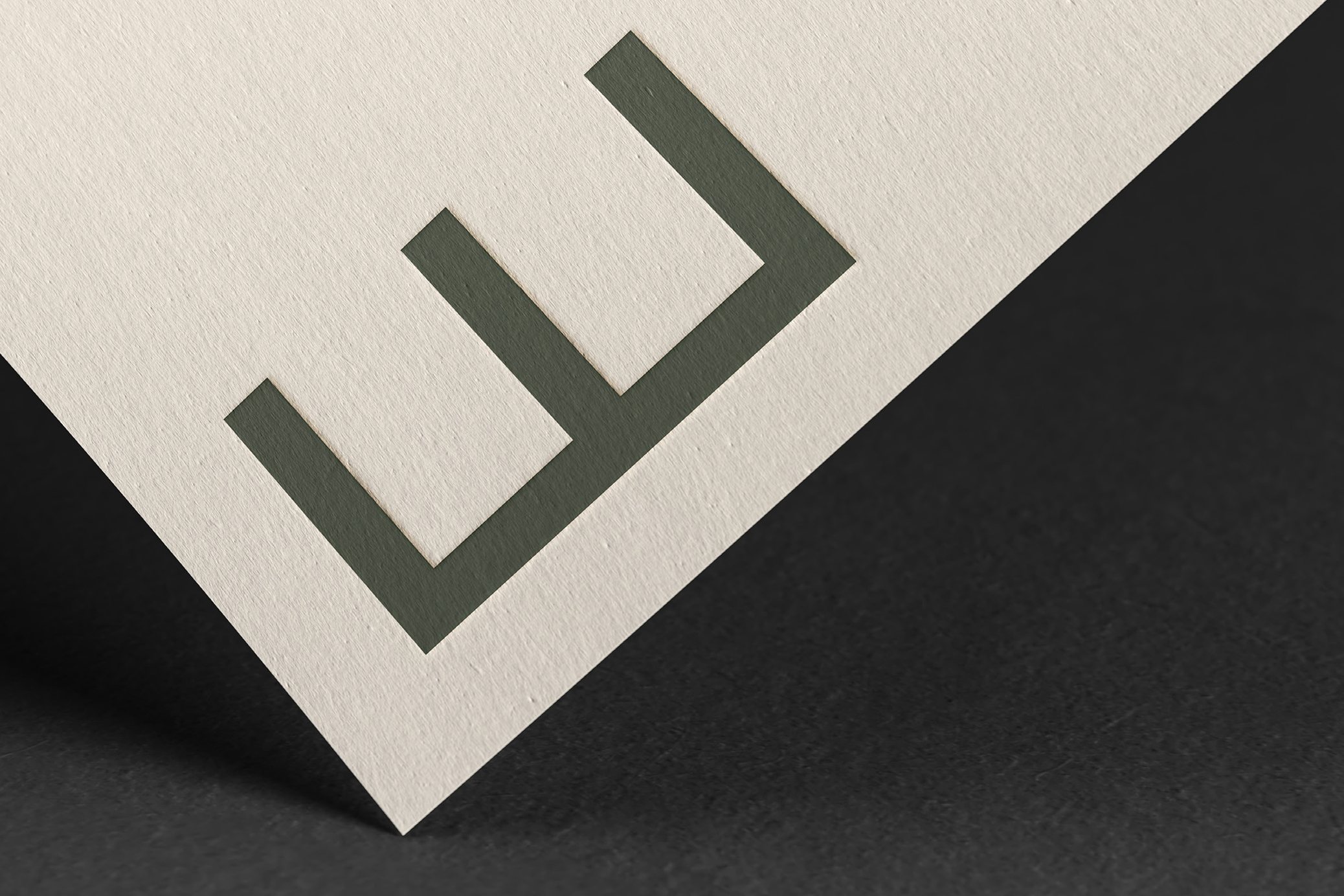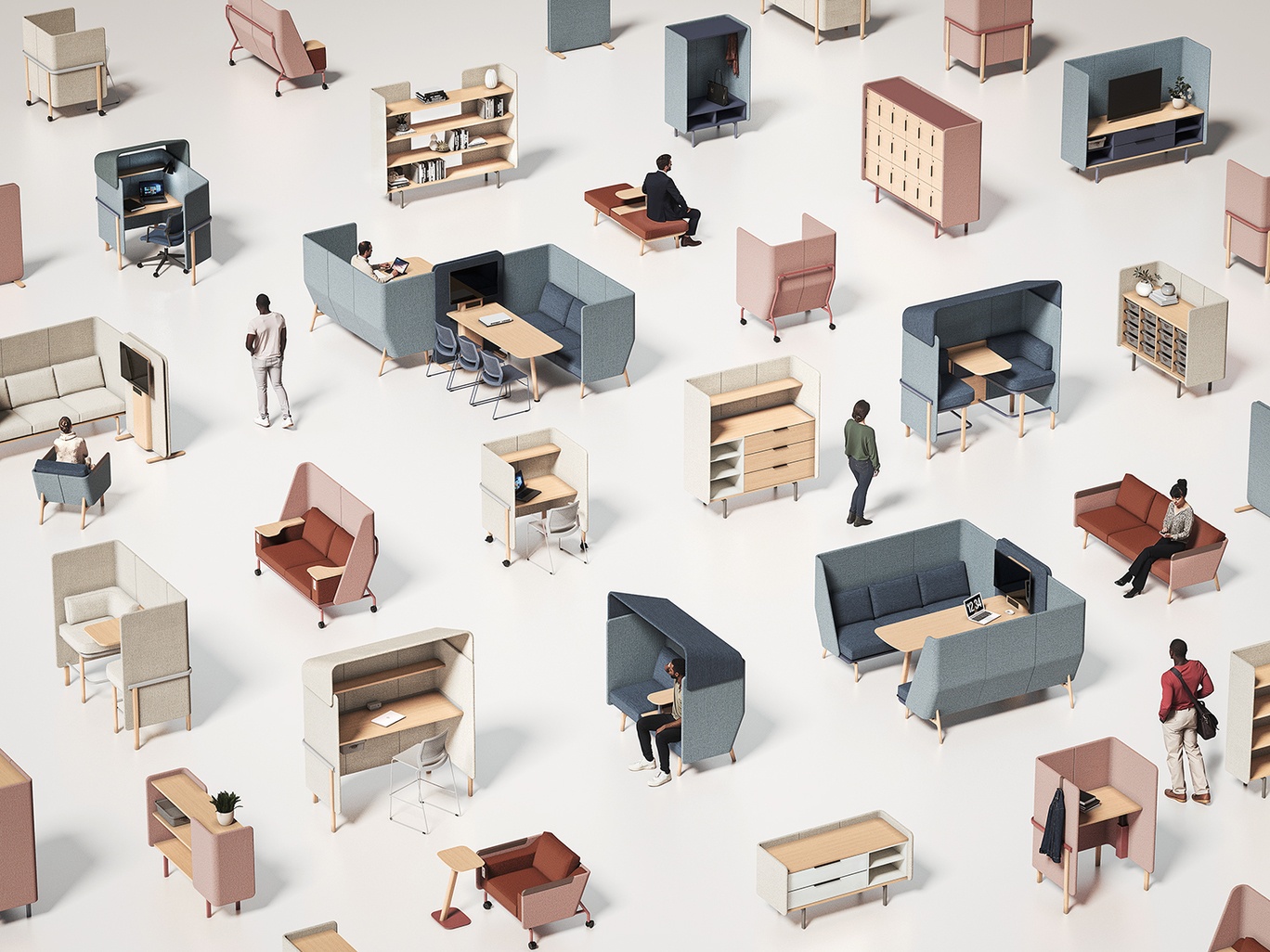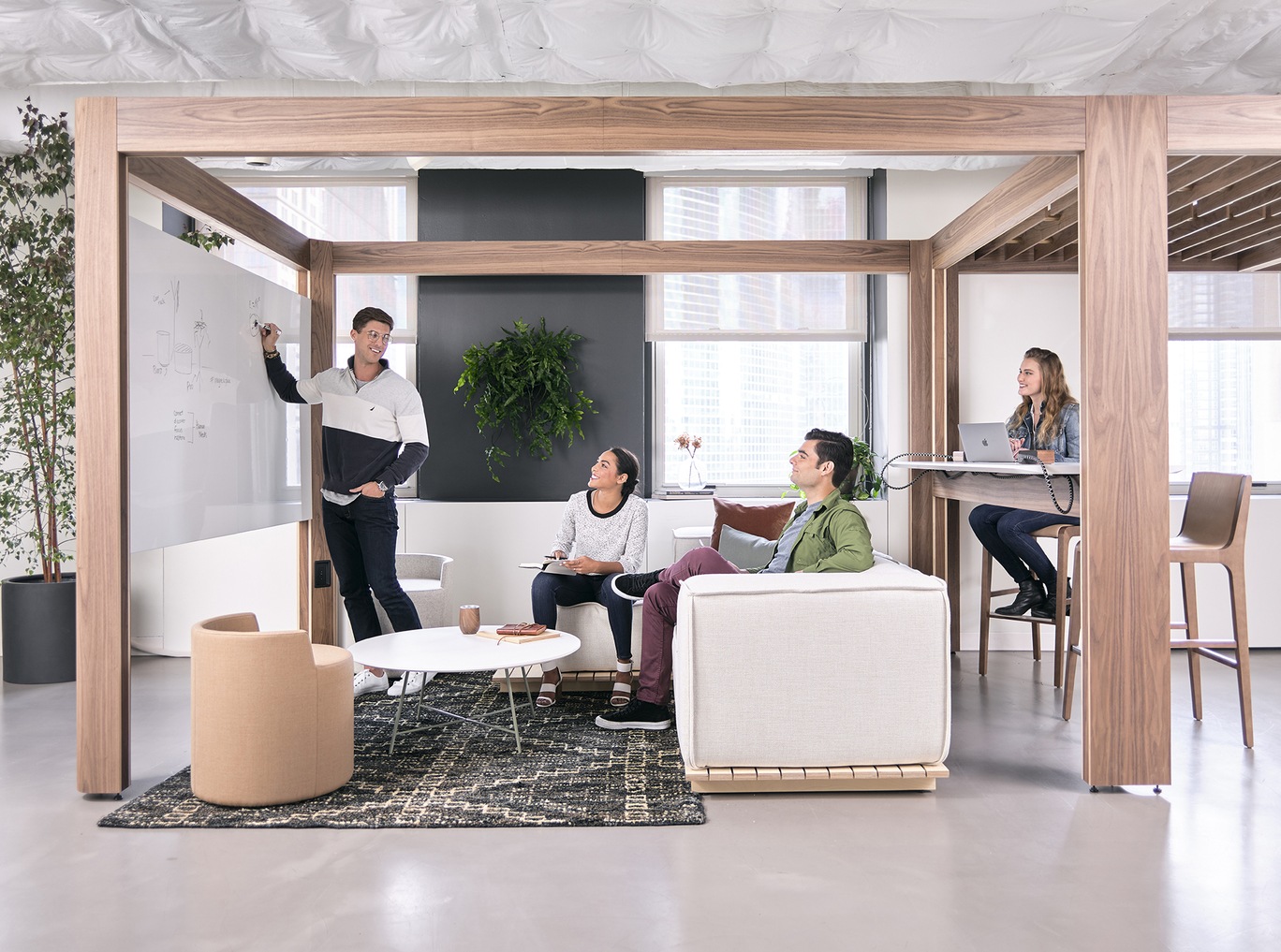
Our work has always remained open – open to scale, typology, geography, and opportunity. Regardless of context, our focus on the relationships defining each project remains consistent. Stripped to its core, our process strives for specificity through investigative collaboration. Throughout every project there are countless relationships requiring detailed consideration and balance, but two are fundamental to every project; ours with our partner, and the user’s with the product.




























